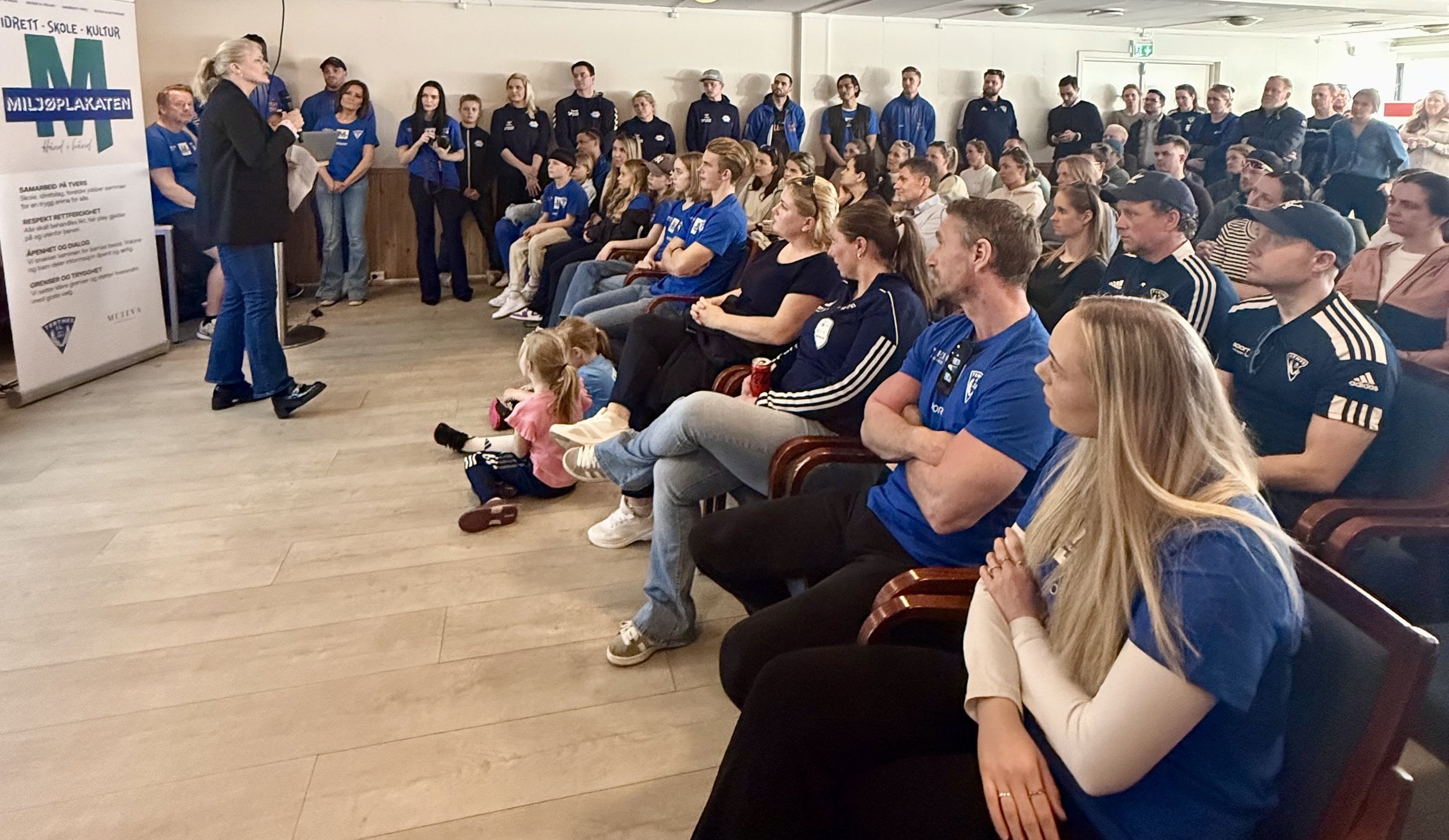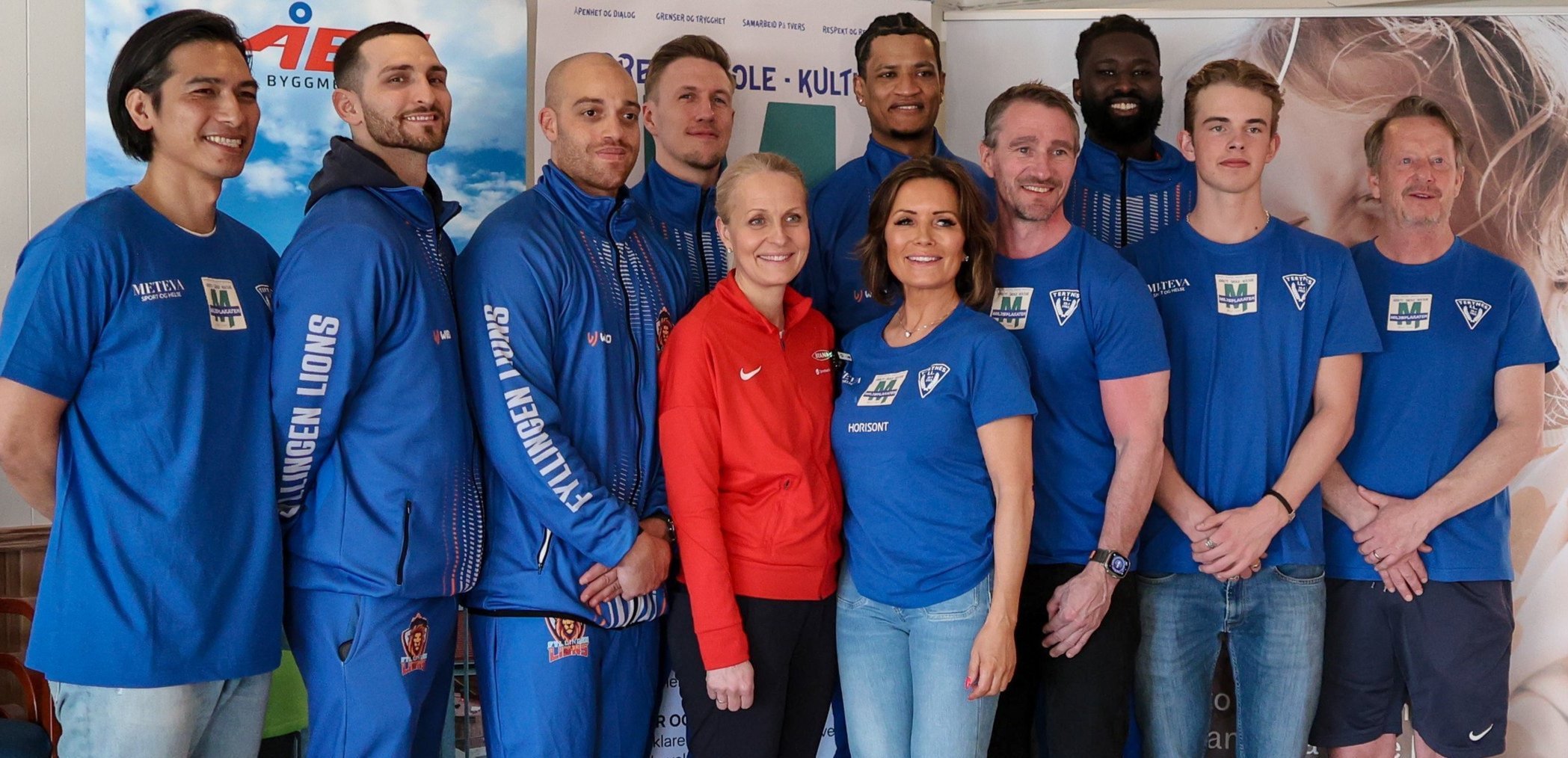Mentorship Principals.
Empathy & Shared Experience: Those who have walked a similar path can provide unparalleled support and understanding.
Holistic Support: Mentorship extends beyond practical advice. It encompasses emotional support and joint activities helping individuals navigate the complexities of life and building up their confidence.
Community & Connection: Developing a strong sense of community is essential. Mentorship fosters connection, creating a network of support and shared learning. This communal approach helps individuals feel less isolated and more understood.
Personalized Guidance: Every individual’s journey is unique. Mentors should have a tailored framework of support to meet specific needs and goals that facilitates independence.
Continuous Improvement: Be committed to ongoing learning and feedback. Mentorship never ends for everyone involved. The growth we want to see in others should also be reflected in the growth we want to see in ourselves.
NextGen Neighbor Network
NextGen Neighbor Network (NNN) is a collaborative initiative between schools, sports clubs, culture, parents, and local businesses and organizations in a designated local area. Our goal is to create a support system of mutual responsibility and accountability for children and youth, based on existing rules and regulations, Municipal code of conduct and local ordinance. Together, we seek to ADDRESS, REPORT, and REPAIR challenges simultaneously to reduce and diminish repercussions for the children and youth. Each local area may have an appointed and designated “Miljøarbeider” and several ambassadors. We seek to prevent snitching, bullying, violence, drugs and crime. THROUGH OPEN AND RELIABLE DIALOGUE, we aim to prevent issues from escalating across all the various areas children navigate.
Foundation
NextGen Neighbor Network constitutes several local projects within a designated area, city, or town. It is a collaboration between existing initiatives, schools, sports clubs, culture, organizations, and all volunteer work and pioneers within that area. If funding is needed to appoint the NNN Ambassador or the Miljøarbeider applications should be sent directly to local businesses within the area or existing banks and foundation supporting collaborative work. Meteva Sport og Helse AS provides the framework and guidelines only. This way local ownership to the project will be strong and sustainable.
Implementation
Pilot Projects
• Launch in a selected local area with nearby schools, theatre, sports clubs and volunteers to test and refine the model. Each area to appoint a NNN leader (Miljøarbeider) and several ambassadors.
• Involve environmental therapists, teachers, coaches, parent groups (FAU), Night Ravens, and local businesses for a holistic approach.
• Incorporate principles from MOT (Courage to say no, care, and live).
Visibility and Awareness
• Display NNN materials in schools, clubhouses, theatre, shopping centers, McDonalds, businesses, and youth hangouts.
• Adapt materials to fit local contexts.
• Use Brann Football Club and other high-profile partners to promote the initiative through their channels.
• Collaborate with police, athletes and celebrities and local media to boost awareness and credibility.
Training and Integration
• Ensure teachers, coaches, art performers, janitors in sports arenas and staff are trained on NNN principles before school terms or sports seasons begin.
• Organize workshops for parents, teachers, janitors, art performers and coaches during existing meetings (e.g., annual meetings, club events).
Collaborative Forums
• Establish regular cross-sector meetings to share experiences and strengthen cooperation.
NextGen Neighbor Network 2025
Location
Bergen, Norway














Sunnaas Foundation Ambassador
This summer, Bouna Black Ndiaye was appointed Ambassador for the Sunnaas Foundation, where he embarked on his first assignments at Camp Spinal and Brain Camp Alumni. He was deeply impressed by how mentors, sports, and community support are utilized to help participants swiftly adjust to their new normal.
"I didn't realize that most people are left to their own devices when they return to their home municipality after a rehabilitation stay in hospital. Sunnaasstiftelsen's services are truly invaluable! Without it, it would be much more difficult and time-consuming to get back to the life the participants want and deserve. I wish everyone who needed it had this offer," says Bouna Black Ndiaye.
The Importance of Mentoring
The extensive use of mentors is central to the Sunnaas Foundation's work. These mentors, who have similar injuries and have undergone the foundation's one-year education program, provide unique insights and relevant advice to newly injured participants. Alongside skilled healthcare professionals, they create an optimal environment for participants to gain independence and master their new daily lives.
"It's easier to learn from and believe in someone who has been in the same situation. When we played in college, NBA players who shared their experiences were much more valuable than what the coach said. When Sunnaasstiftelsen uses mentors with disabilities at camp, it's obviously easier to trust and consult them than a doctor who only knows the theory," explains Bouna.
He recounts meeting a participant who attended her first camp last year.
"She came directly to Camp Spinal from Sunnaas Hospital. She told me that what she learned in the one-week camp would have taken her 6-8 months to learn on her own. Skills like moving from a wheelchair, turning herself in bed, and driving over curbs. It was especially important for her to see that mentors with the same type of injury could do it," says Bouna.
Community and Determination
In addition to learning new activities, participants at Camp Spinal experience a strong sense of community with others facing similar challenges.
"Many people I spoke to felt isolated in their new and demanding situations. Meeting others with the same challenges builds networks and fosters mutual learning," says Bouna.
The encounters with participants left a strong impression on him.
"I was a little nervous before I came here, expecting a lot of sadness and heavy emotions, but instead I was met with determination, laughter, and good energy. The first thing I saw was a group of people practicing with wheelchairs up stairs, and someone else practicing going downhill on a skate ramp," he recalls.
Bouna even played basketball with the participants, trying out a wheelchair for the first time.
"Basketball is a fast-paced sport, so it was challenging for me to handle it in a wheelchair. Everyone laughed and wondered if it was my first time - and it was," he smiles.
He met participants who had been injured in motocross but were now riding quad bikes, determined to compete again in the sport that had injured them.
"I've been injured in basketball, and after that, I’m always more careful and it’s hard to train. Here, the attitude was to get back 100% - if not better, even after such a serious injury. It was incredibly inspiring," he says.
Brain Camp Alumni
Bouna also attended Brain Camp Alumni in Bergen, where he met young people struggling to adapt to adolescence after a brain injury.
"I recognized the Sunnaa Foundation's concept at Brain Camp, even though this is a different diagnostic group with more invisible injuries. I saw how the mentors worked with the participants, meeting them with understanding and challenging them in a safe environment," he observes.
Bouna is impressed by the foundation's work and is committed to contributing as much as he can to the Sunnaa Foundation's activities in the future.
Camp Spinal 2024
Location
Oslo, Norway
Olympiatoppen






Camp Spinal 2023
Location
Oslo, Norway
Olympiatoppen










